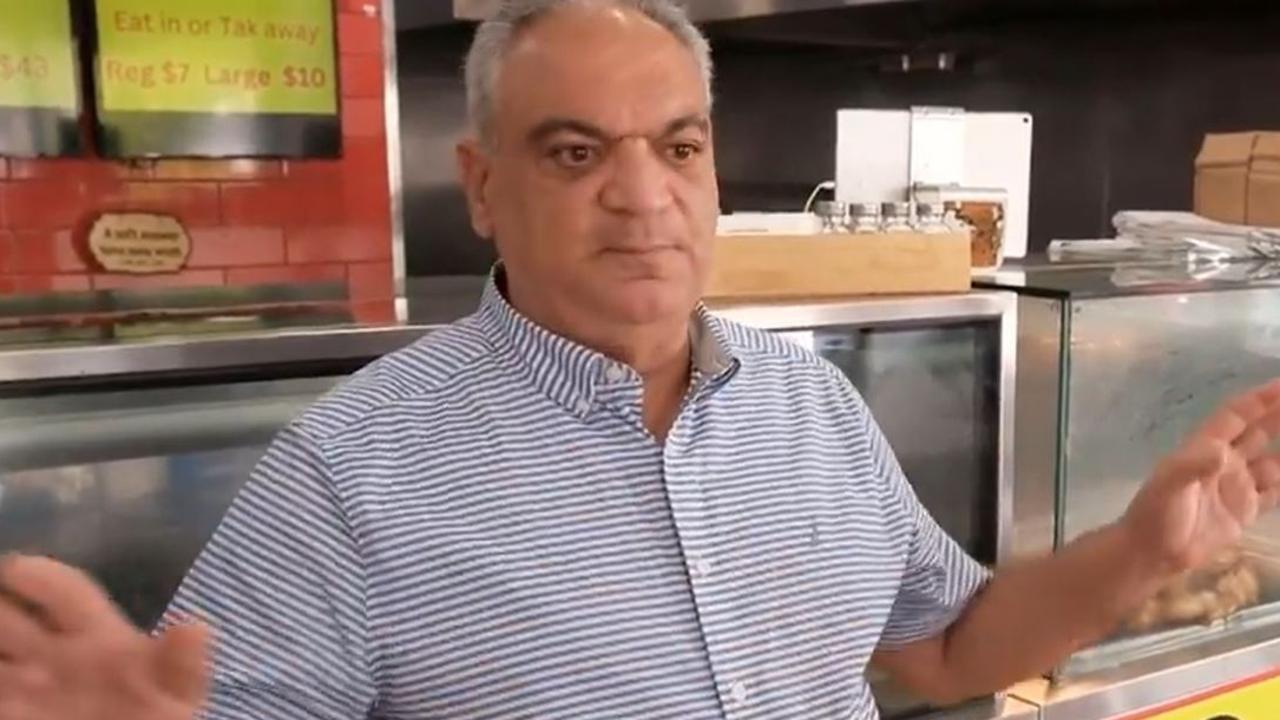Youth advocate exposes huge issue in Aussie schools
A popular TV series has put a magnifying glass on our schools, exposing a shocking “joke” Aussie kids are all hearing.
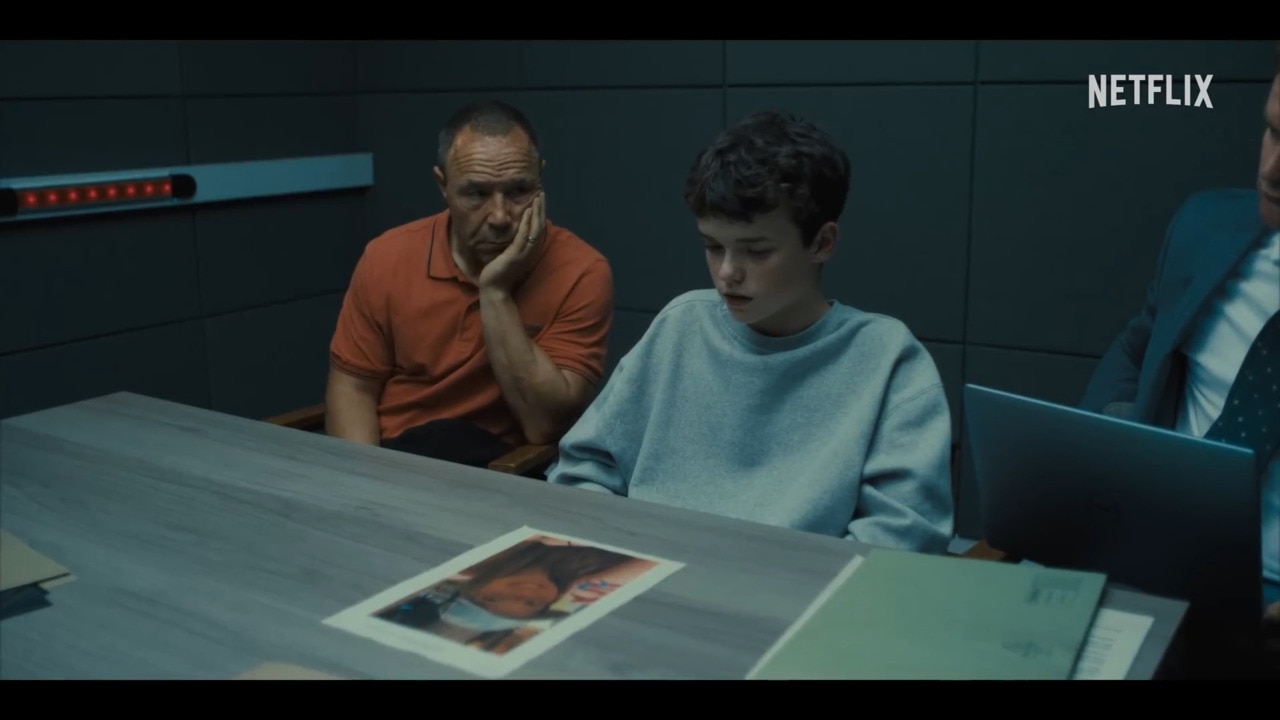
Lifestyle
Don't miss out on the headlines from Lifestyle. Followed categories will be added to My News.
Educators around the world are reporting that they are witnessing misogyny go “mainstream” to the point of casual rape jokes made by students in schools, and Australia is no exception to this.
Daniel Principe is a youth advocate and educator, who has spoken at more than 350 schools around Australia throughout his career.
“Every school I’ve ever been to, every group I have spoken to, acknowledges that they are all hearing rape jokes and rape threats,” he told news.com.au.
“And 100 per cent of hands are up when I ask that specific question.”
The Australian educator’s comments come off the back of a UK high school teacher and masculinity educator saying it “never fails” to shock him the kinds of things he hears in schools since misogyny has “gone mainstream”.
English teacher Matt Pinkett recalled one male student telling him that all women want to do is falsely accuse men of rape, so he may as well “rape in real life anyway”, in an interview with The Guardian.
He added that female students are being assigned a number rating their physical attractiveness, and students are even threatening to sexually assault their female teachers.
Like Mr Principe, he said the concern is how casual the concept of rape jokes and misogyny has become among young men.
“I guess it’s sadly kind of inevitable that a lot of boys parrot the kind of misogynistic content that is being pushed in their direction by the algorithms and social media sites,” Mr Pinkett said.
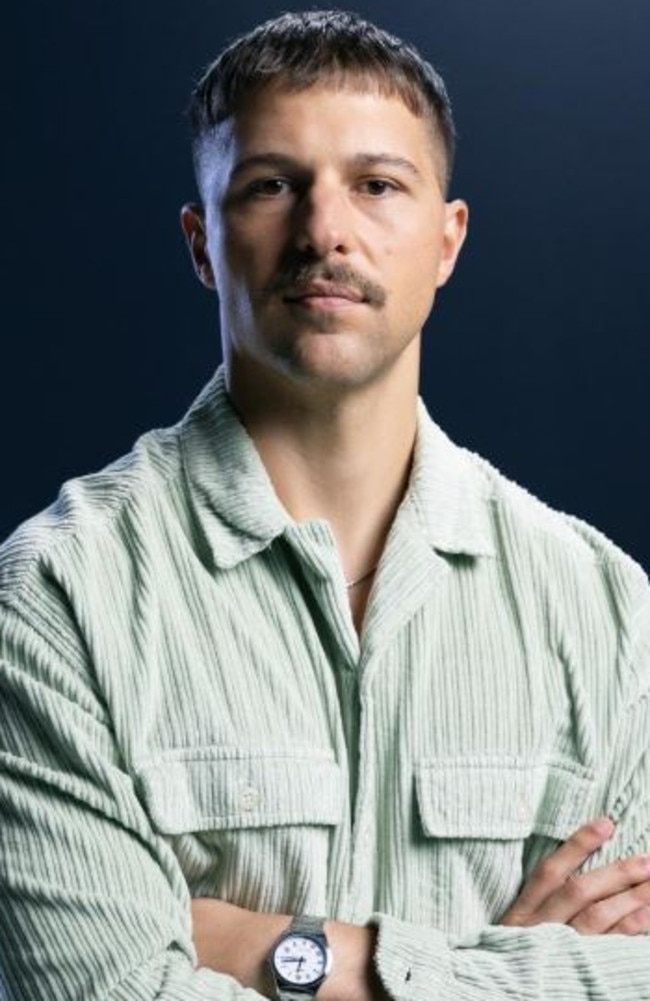
Toxic masculinity
“A lot of toxic male influencers kind of tell boys that society doesn’t care about them and if they want to take the power back then part of that means treating women as inferior,” he continued.
The educator said a lot of confused, lonely and vulnerable young men are consuming the bulk of that content, which in their eyes, provides “not only an explanation for their failure, but also a way out of that state of failure.”
Mr Pinkett believes the objectification of women is a “bonding tool” and young people need to be educated on it so they can call it out.
What the two men have reported isn’t new. In May last year, Dr Samantha Schulz, a senior sociologist of education at the University of Adelaide, put an anonymous survey forward in the Teachers of Adelaide Facebook group where 130 teachers — mostly women — responded.
Researchers found male students were saying things like “make me a sandwich”, “women lie about rape”, “the pay gap doesn’t exist” and one even revealed a student had called women “rapeable”.
Other teachers reported that students would invade their personal space or rush them down the stairs and, if called out, said they’re just being friendly.
“But I know these behaviours are intended to be intimidating and to make me uneasy. I find it disconcerting that by the age of 14 or 15 they know how to use their presence to menace […] if they are behaving like this with me, what are they like with young women their own age or the women in their families,” one teacher responded.
The conversation about what is going on in schools has been sparked by the powerful Netflix series Adolescence, a show about a 13-year-old boy named Jamie Miller who murdered his female classmate who rejected him. The show has exposed many unwitting parents to the manosphere — a toxic community where men are led to believe that women don’t want them, but that women are also inferior to men. Mr Principe said there is definitely a disconnect with what parents believe children around Jamie’s age are exposed to online.
“I have Year 5s and 6s telling me they’re getting gambling ads, they’re getting adult dating ads, they’re getting pornography in their online spaces. They’re not looking for it — they’re getting pop ups,” he said.
He said the figure of students regularly telling him this was as high as 90 per cent.
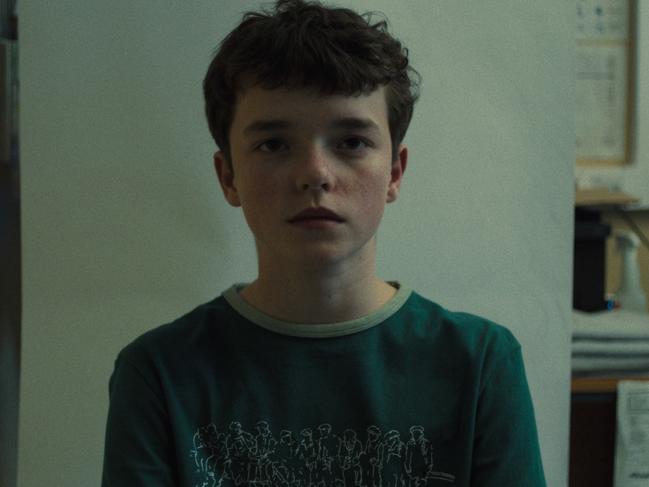
The real world vs. the digital world
Mr Principe said the hit Netflix show is a very extreme scenario and it was unlikely we’d see someone in Jamie’s circumstance — even with everything he’s witnessed — would commit this type of crime. He said it’s not that it never happens, but that it was “very rare” and all the other compounding risk factors needed to be looked at. Mr Principe added that, if every young man acted the same way as Jamie simply because of what existed online, we’d be seeing this happen in the thousands because it isn’t uncommon for children to be watching anything from violent porn to beheadings online.
“What the show is highlighting — as the parents reflected — is they thought he was safe because he was upstairs on his computer,” he said.
“It’s this notion that in the modern world, young people are over-protected in the real world and under-protected in the digital world.”
He added that mental and emotional safety were the bigger risk factors, rather than physical safety.
Mr Principe said his main concern was the “everyday callousness” that is resulting in rape threats, intimidation, the inability to emotionally regulate and body shaming.
“Because, if we lose empathy, what next? If we lose care for one another, where do we go as a civilisation,” he asked.
“And that may seem a bit extreme and existential but, truly, if we can get to the point where we can be so callous and indifferent to the suffering of those directly in front of us — that doesn’t bode well for society.”
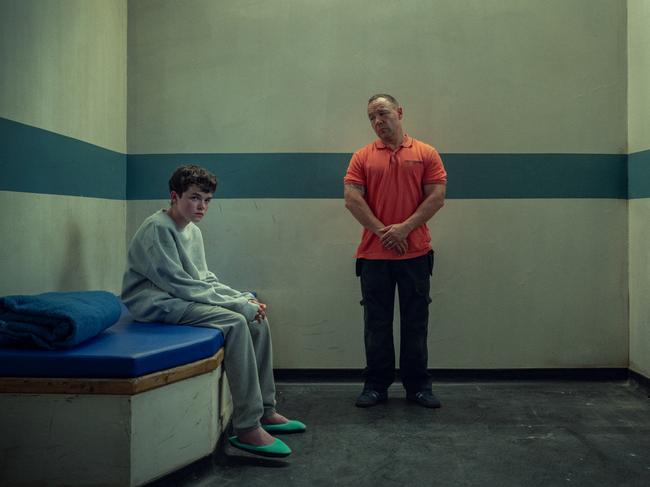
‘Rates we’ve never seen before’
Mr Principe said the thing that has been most shocking to him while speaking in Australian schools is the rise in child on child sexual assault, claiming it’s at “rates we’ve never seen before”.
“While I am not directly seeing these cases, I hear these stories every week in schools and I know the research which sits in the back of my mind,” he said.
“All of us who are doing this work because we fundamentally don’t believe that’s who children are and who they’re growing up to be, something is clearly going awry because children don’t just wake up one day and become predatory in sexual behaviours. That for me is the concern.”
And, he’s not wrong. Last year, a Freedom of Information request published by the ABC showed hundreds of child-on-child sexual abuse cases in Victoria are reported every year.
The biggest task ahead
Mr Principe believes it’s a mixed bag as to whether what is happening in schools is getting better or worse, and this is in part due to the younger generation’s ability to dissect toxic messages unlike any other because of their understanding of the digital world.
But this “dehumanisation” of youth is also the result of students struggling to get away from screens, which adults are responsible for actioning.
“They’re saying things, but they don’t really know what rape is or its impact. They’re saying these things in Year 6 and Year 7. They know it’s bad but they don’t really know what it means,” he said.
He added that the biggest task in terms of education is not to overload children and young adults with information, but rather teach them how to process and handle it.
“You can know lots, but that doesn’t mean your heart and mind are capable of forming a healthy identity or healthy relationships. So, that’s the task,” he said.
Originally published as Youth advocate exposes huge issue in Aussie schools




